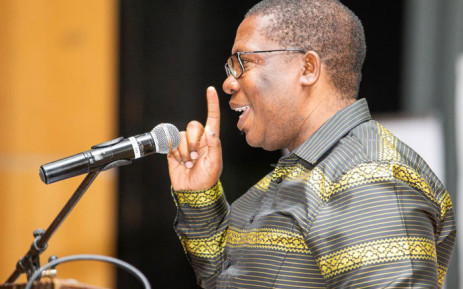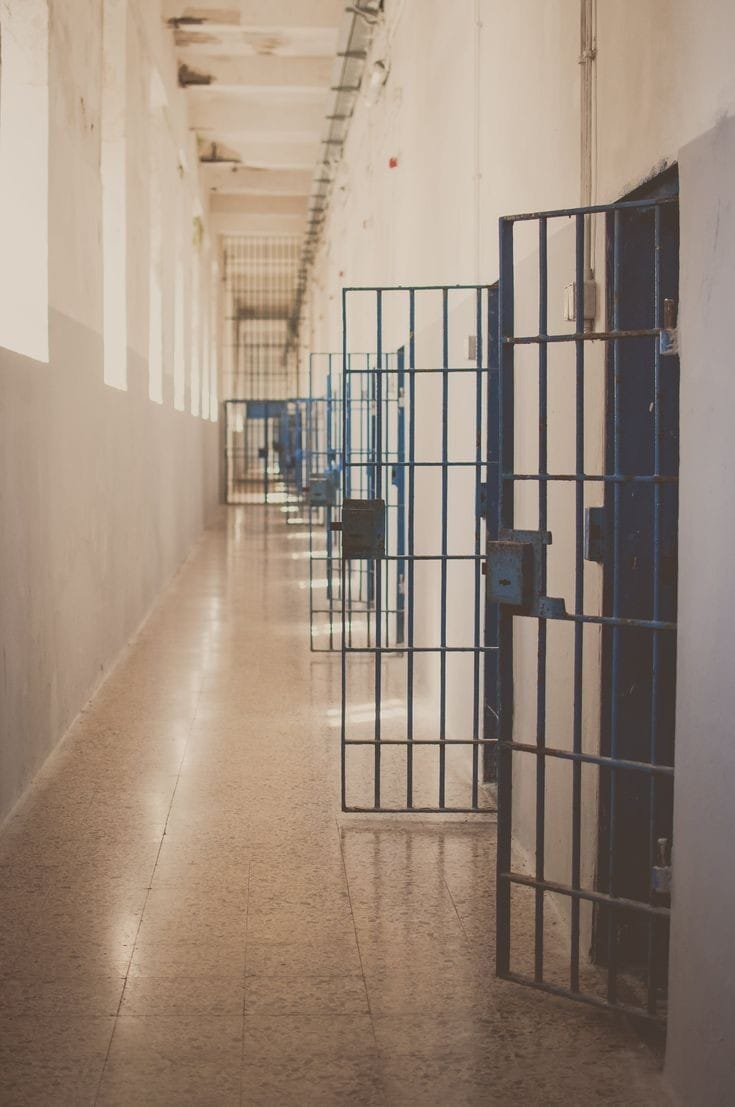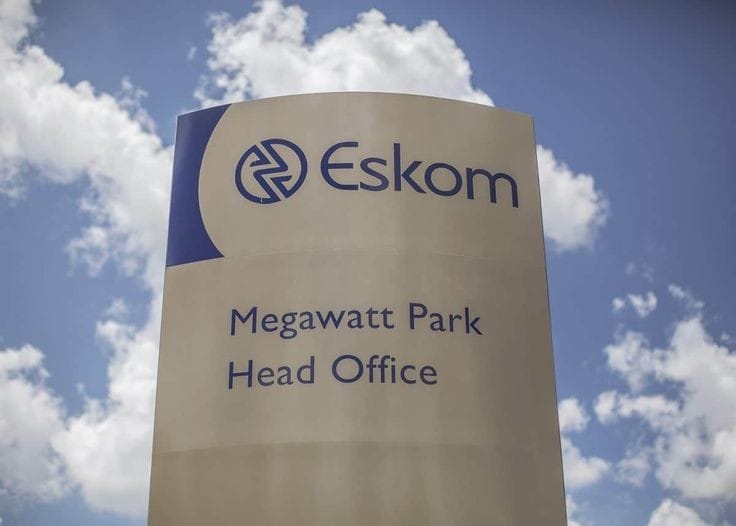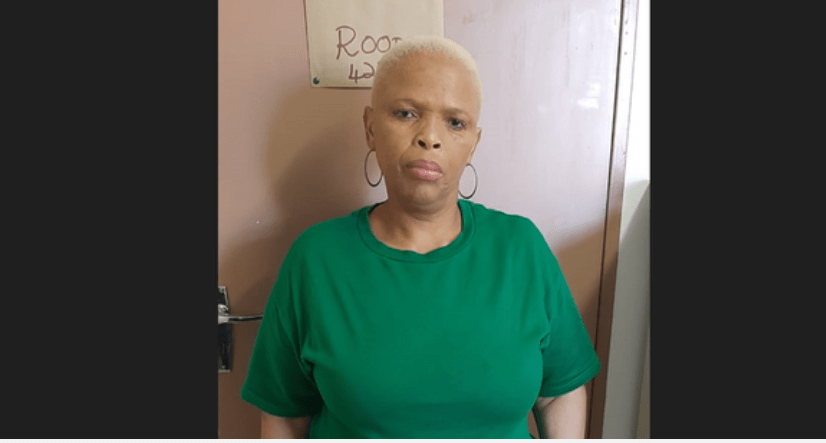The cleaning and greening public works programme in Gauteng, spearheaded by Premier Panyaza Lesufi, aims to tackle the persistent issues of littering and illegal dumping. In an effort to combat these problems, Lesufi launched the programme at the Dobsonville Stadium in Soweto, where hundreds of recruits gathered to be part of this initiative. The programme has already provided temporary employment to approximately 6,000 individuals, with the objective of reducing the levels of dirt and improving the cleanliness of townships and informal settlements across the province. Furthermore, Lesufi’s commitment to extending the programme if successful highlights the government’s dedication to addressing these environmental challenges and improving the overall quality of life for Gauteng’s residents.
The cleaning and greening public works programme represents a significant step forward in the battle against littering and illegal dumping in Gauteng. With the launch taking place at the Dobsonville Stadium in Soweto, the event drew a considerable number of recruits who showed their enthusiasm and commitment to creating cleaner and healthier communities. This programme has proven to be an effective strategy for tackling these environmental issues, as it not only provides employment opportunities but also instills a sense of pride and responsibility among the participants.
One of the key accomplishments of this programme is the substantial employment it has generated. Around 6,000 individuals have been given temporary employment through this initiative, allowing them to contribute to their communities while earning a livelihood. By involving local residents in the cleaning and greening efforts, the programme empowers individuals and helps to alleviate some of the socio-economic challenges faced by townships and informal settlements.
The impact of the programme is already being felt in various communities across Gauteng. The reduction of litter and dirt levels has resulted in cleaner public spaces, making these areas more aesthetically pleasing and healthier for residents. Moreover, by actively engaging the community in the cleaning process, the programme fosters a sense of ownership and pride in these areas. Residents are more likely to take better care of their surroundings, leading to a sustained improvement in cleanliness and overall environmental quality.
In addition to the cleaning and greening initiative, Premier Lesufi has also launched a crime prevention programme in the province. This programme employs an additional 6,000 individuals who work alongside the police to combat crime. The combined efforts of these two programmes demonstrate the government’s holistic approach to addressing both social and environmental challenges in Gauteng. By providing job opportunities and engaging the community in proactive initiatives, the government aims to create safer and cleaner environments for its residents.
Premier Lesufi’s commitment to extending the cleaning and greening programme if it proves successful further emphasizes the government’s dedication to tackling littering and illegal dumping. This promise serves as a strong incentive for the recruits to perform their duties diligently, as they have the opportunity to secure an additional six months of employment. It also reflects the government’s recognition of the positive impact this programme can have on the province’s overall cleanliness and environmental well-being.
The cleaning and greening public works programme in Gauteng, launched by Premier Panyaza Lesufi, is a commendable effort to combat littering and illegal dumping in the province. With the participation of approximately 6,000 individuals, the programme aims to reduce dirt levels and enhance the cleanliness of townships and informal settlements. By providing temporary employment opportunities and instilling a sense of pride and responsibility in the participants, this initiative not only addresses environmental challenges but also contributes to the socio-economic well-being of the communities involved.
The programme has already yielded positive results, with cleaner public spaces and a heightened community awareness of the importance of maintaining a clean environment. Premier Lesufi’s commitment to extending the programme if successful demonstrates the government’s determination to continue addressing littering and illegal dumping in Gauteng.
By extending the cleaning and greening public works programme, Premier Lesufi acknowledges the ongoing efforts needed to achieve long-lasting change. The programme’s success is not measured solely by the temporary employment it provides or the immediate impact on cleanliness, but rather by its ability to foster a culture of cleanliness and environmental stewardship that transcends the duration of the initiative.
As the programme continues to expand and evolve, it is crucial to focus on education and community involvement. By educating residents about the importance of proper waste disposal, recycling, and sustainable practices, the programme can create a lasting behavioral change that extends far beyond the initial contract period. Building partnerships with local organizations, schools, and community leaders will further strengthen the impact of the programme and ensure its sustainability.
Moreover, the cleaning and greening public works programme can serve as a model for other regions and municipalities facing similar challenges. Its success in Gauteng demonstrates the effectiveness of a comprehensive approach that combines employment generation, community engagement, and government commitment. By sharing best practices and lessons learned, this programme can inspire and guide similar initiatives in other areas, ultimately leading to cleaner, greener, and more sustainable communities nationwide.
In conclusion, the cleaning and greening public works programme led by Premier Panyaza Lesufi in Gauteng represents a significant step towards combating littering and illegal dumping. Through temporary employment opportunities and community engagement, the programme not only improves the cleanliness of townships and informal settlements but also empowers individuals and fosters a sense of responsibility and pride. Premier Lesufi’s commitment to extending the programme if successful demonstrates the government’s dedication to achieving long-term results. By focusing on education, community involvement, and knowledge sharing, this initiative can pave the way for a cleaner and more sustainable future, not only in Gauteng but across the country.









